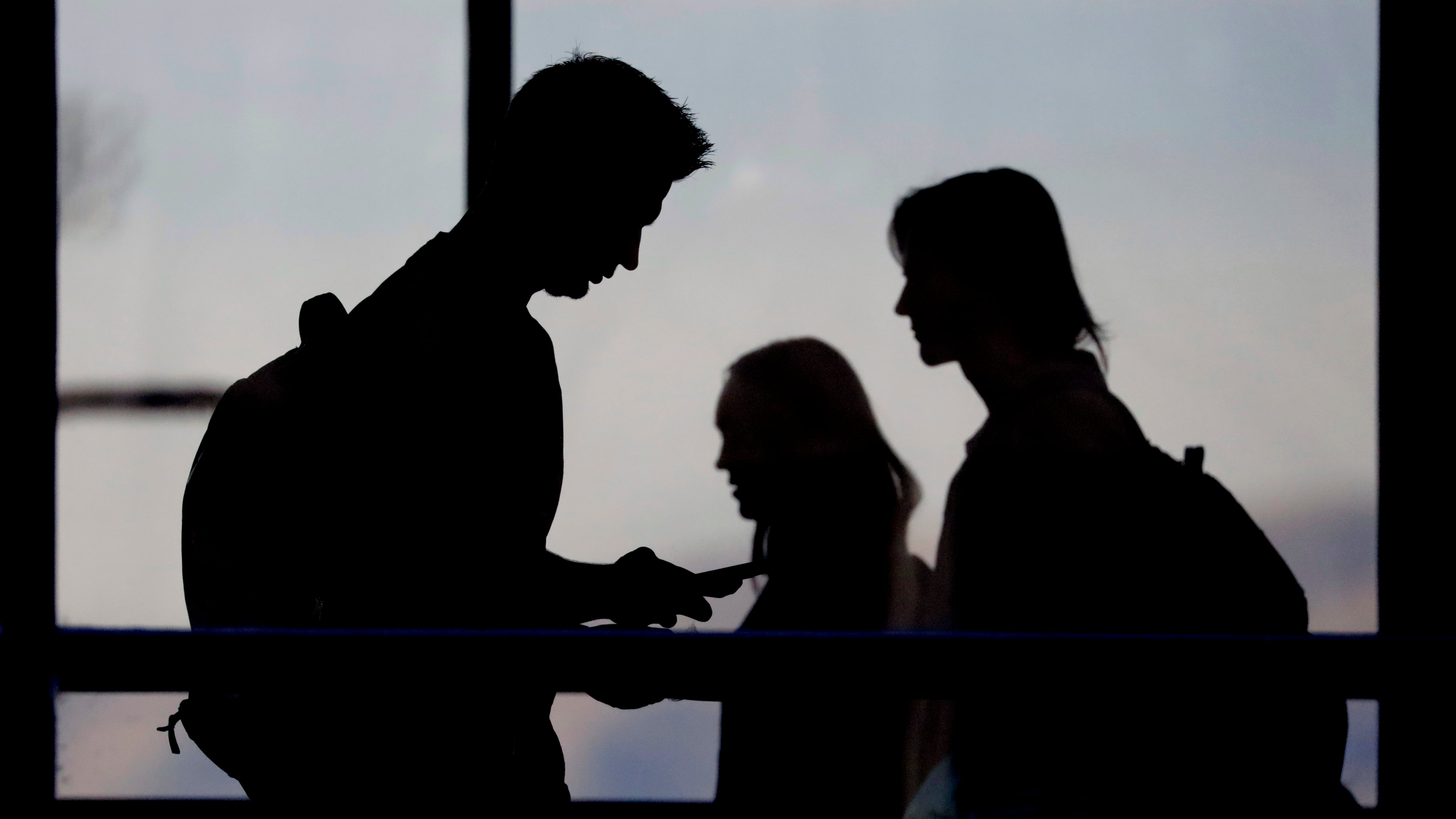November marks the end of Domestic Violence Awareness Month, an annual campaign to educate the public about abuse and how to best support survivors. A nationally recognized effort since Congress declared the holiday in 1989, USC and organizations across Los Angeles used the occasion to promote the services they provide to domestic violence victims year-round.
The National Library of Medicine states that at least 5 million acts of domestic violence occur annually to women aged 18 or older. According to the Los Angeles County Department of Public Health, 20% of women and 13% of men in Los Angeles County have reported experiencing intimate partner violence.
This year, the USC Department of Public Safety’s Annual Security and Fire Safety Report indicated an increase in domestic violence, dating violence and stalking, with five more cases in 2024 compared to the year prior.
According to a study published in the National Library of Medicine, dating violence disparagingly targets university students. At USC, Student Health offers on-campus support to students through CARE-SC. The confidential advocates program provides 24/7 support and response in situations of gender and power-based harm, such as accompanying victims to Sexual Assault Response Team centers and arranging for aftercare services.
“We’ve seen that with digital access and the expansion of social media, there’s a lot more access to follow, track, stalk or even try to control someone digitally,” Dr. Deborah Schleicher, director of violence prevention in CARE-SC, said. “There’s been an increase in toxic relationships both in person and online using digital methods.”
CARE-SC participated in Domestic Violence Awareness Month by hosting an event at the weekly farmer’s market on McCarthy Quad. The team engaged students in conversations about popular reality TV dating shows, teaching passersby various tools and strategies to assert consent more confidently via digital communication.
“I’m always impressed with the student community since there’s a lot of interest and engagement in these topics,” Schleicher said. “Culture change is something that takes time, and it’s also communities outside of USC that impact us.”
At an Oct. 17 L.A. City Council meeting, councilmember Katy Yaroslavsky said that LAPD received 43,000 domestic violence-related calls last year and noted that 13% of homicides in L.A. County were due to domestic violence.
Abigail Marquez, general manager of the city’s Community Investment for Families Department, used Domestic Violence Awareness Month as a podium to advocate for support in aiding survivors. She previously worked to increase funding toward domestic violence services at the Los Angeles Housing and Community Investment Department, and assisted with launching the “Survivors First” program, which reduces barriers to permanent housing for survivors.
Marquez also spoke during the Oct. 17 council meeting, critiquing the city’s inability to address the intersection of homelessness and domestic violence.
According to the Stop Abuse For Everyone Alliance, over 90% of unhoused women experience physical or sexual abuse at some point in their lives.
“Not only do we have 41% of our unhoused population who had a prior incident with intimate partner violence, that number is greater if you look at the number of women facing homelessness because they don’t have a safe place to flee to,” Marquez said.
As a part of L.A. County’s proclamation of October as Domestic Violence Awareness Month, it vowed to collaborate with the Domestic Violence Homeless Services Coalition (DVHSC) to protect survivors regardless of housing status. DVHSC is the country’s largest organization built to specifically aid individuals and families simultaneously struggling with the threats of homelessness and domestic violence.
According to Alliance for HOPE International’s domestic shelter database, there are 37 shelters and programs in and around Los Angeles providing support and services to survivors.
Coming from a background of working directly with survivors and their trauma, Schleicher hopes to increase awareness among students about CARE-SC’s services.
“I think it’s been a privilege and an honor working alongside survivors who are some of the most resilient individuals and helping them through their healing process, therapeutically,” Schleicher said.
If you or anyone you know at USC is struggling with domestic violence, reach out to 213-740-9355, CARE-SC’s 24-7 support hotline.
